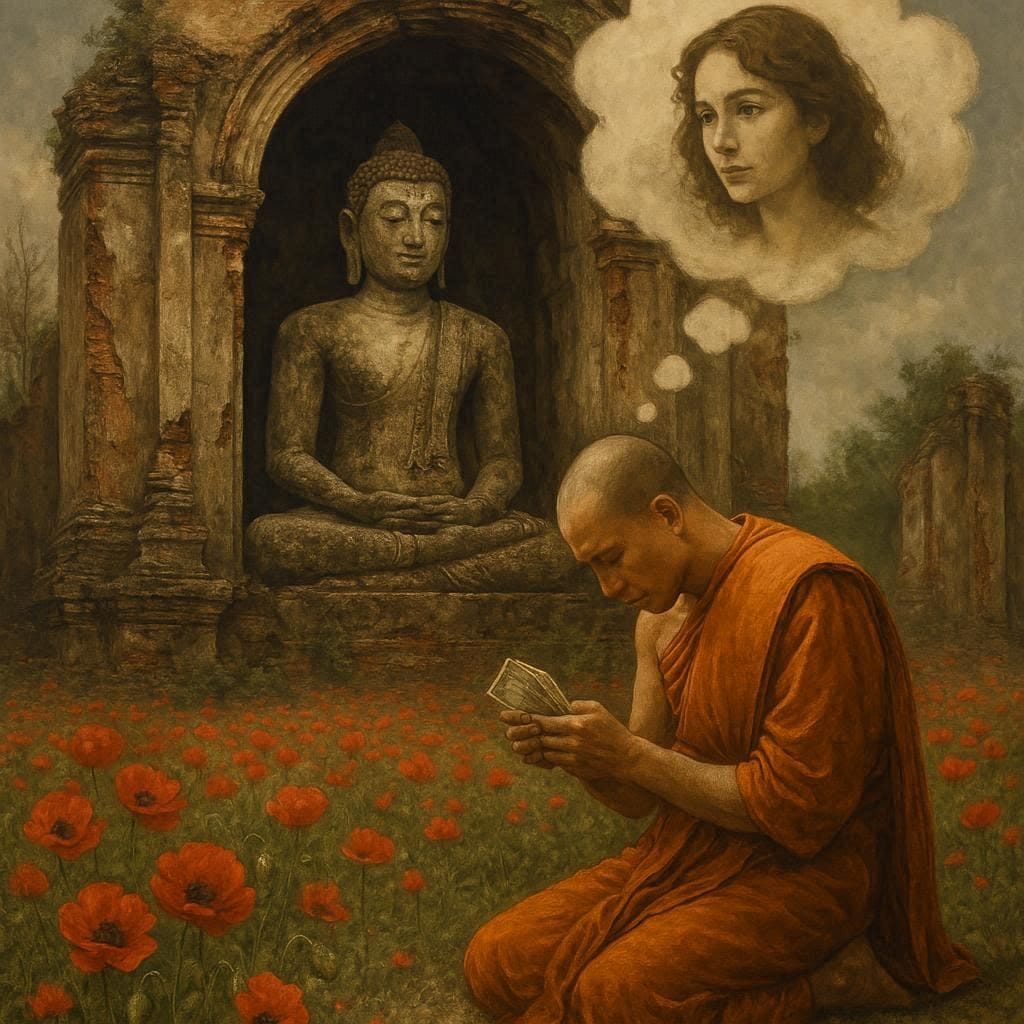Erza Gin, Religion, and the Tall Poppy Syndrome.

As they were stoning Stephen, he called out, "Lord Jesus, receive my spirit." And falling to his knees, he cried out with a loud voice, "Lord, do not hold this sin against them." And when he had said this, he fell asleep. Acts 7:59-60
The Book of Acts was written by Luke, the same author who wrote the Gospel of Luke. The two books are a two-volume work, with Luke-Acts forming a continuous narrative. Luke was a physician and companion of the Apostle Paul, as mentioned in several of Paul's letters.
Acts was likely written around 80-90 AD, though some scholars date it earlier (60-70 AD) or slightly later. The exact timing is debated, but most agree it was written in the latter half of the first century.
The central theme of Acts involves the growth of the early church from a small group of Jewish believers in Jerusalem to a movement spreading throughout the Roman Empire. It showed how the Gospel moved beyond Jewish communities to embrace all nations. Movements may be direct sources of TPS and also cause collateral damage (see Dr. Stanley Goldfarb, DEI, and the Tall Poppy Syndrome).
Stephen is traditionally regarded as the first Christian martyr (tall poppied). His death by stoning is recorded in Acts 7:54-60. He was one of the seven deacons chosen to serve in the early church, and he was killed for his courageous testimony about Jesus, with Saul (later Paul) present at his execution. Stephen was martyred around 34-35 AD (shortly after Jesus's crucifixion and resurrection, which occurred around 30-33 AD).
Apostle James (son of Zebedee) was killed around 44 AD by Herod Agrippa I, as recorded in Acts 12:1-2. James's death occurred during a later wave of persecution. Herod Agrippa I (grandson of Herod the Great) was trying to gain favor with Jewish leaders by persecuting the church. Acts 12:3 notes that when Herod saw that killing James pleased the Jewish authorities, he then arrested Peter as well (though Peter was miraculously freed from prison). James was the first of the twelve apostles to be killed for his faith.
The Book of Acts ends somewhat abruptly with Apostle Paul under house arrest in Rome, awaiting trial before Caesar (around 60-62 AD). He was martyred in Rome, traditionally dated around 64-67 AD. Paul was beheaded, which was the typical Roman execution method for Roman citizens near the Tre Fontane Abbey in Rome.
Ezra Jin (Jin Mingri) is the founder and pastor of Zion Church in Beijing, one of China's largest underground churches. He founded the church in 2007, and it grew to serve thousands of worshippers. Jin was a student at Peking University during the 1989 Tiananmen Square protests and became a Christian convert shortly after, eventually earning a doctorate in ministry from Fuller Theological Seminary in California.
Jin and more than 20 other pastors and church staff were arrested beginning in October 2025. They face charges including "illegal dissemination of religious information via the internet."
The Chinese government claims that the Zion Church is an "underground" or unregistered church, meaning it operates outside government control rather than being registered with and controlled by the Chinese Communist Party.
Before being shut down in 2018, Zion Church was one of Beijing's largest churches. After the 2018 shutdown, it re-emerged with online and in-person meetings, with services reaching around 5,000 to 10,000 people each week through platforms like Zoom, YouTube, and WeChat.
The U.S. State Department noted that this crackdown demonstrates how the Chinese Communist Party exercises hostility toward Christians who reject Party interference in their faith.
Jin had been in the U.S. and could have stayed and applied for asylum before the 2018 shutdown, but he felt he had to return to be with his church while it was suffering. His three children, who are U.S. citizens, and his wife have relocated to America. He has not seen them in over six years.
This is precisely the kind of religious discrimination that national leaders, not just the Chinese government, engage in, seeing independent religious groups as threats to government control and regularly persecuting church leaders who refuse to submit to government oversight.
TPS was originally described by the ancient Greeks and Romans as a method of control over the TPs in their realm or tribes (see Livy, Tarquin the Proud, & The Tall Poppy Syndrome). It has not changed after hundreds of centuries because human nature has not changed.
Why governments want to control religious beliefs relates to psychology, politics, history, and human nature. Some main reasons for discrimination against religious beliefs are power and control. Religion can unify people around values different from those promoted by the state.
Political convenience, such as scapegoating, can unite a population and distract from other problems, such as economic struggles or corruption. Herod Agrippa I persecuted Christians to please the Jewish authorities.
People often fear what they don't understand or what seems different from their own beliefs. Religious minorities may be viewed with suspicion, seen as disloyal or threatening to social cohesion: stereotypes and misinformation fuel prejudice.
Some governmental ideologies (like certain forms of communism or secularism) view religion itself as harmful or backward. Religious teachings, in competition for the truth, may directly contradict state policies on issues like family, education, or individual rights. Historical grievances perpetuate cycles of discrimination and are passed down through generations.
It is always about the money. Religious minorities may control disproportionate economic resources, creating resentment. Discrimination can be a way to seize property or exclude competitors.
Tribal psychology of humans naturally forms in-groups and out-groups (cliques), as a significant factor in TPS. Religion is a powerful marker of identity, making it easy to define "us vs. them." This tendency toward tribalism can be exploited or can emerge naturally
The paradox of all this is that while many religions teach love, compassion, and human dignity, religious identity itself becomes a basis for persecution. This happens both when one religious group persecutes another and when governments persecute religious believers of any kind.
Throughout history, such as early Christians in Rome, Jews across Europe (see Anti-Semitism (& Government) as Cutter(s) in the Tall Poppy Syndrome -The Albert Dreyfus Affair), Rohingya Muslims in Myanmar, and Uyghurs in China today, these patterns repeat. Understanding the dynamics of TPS doesn't justify them, but helps identify warning signs and work against discrimination as it emerges.
Tall Poppy Syndrome Newsletter
Join the newsletter to receive the latest updates in your inbox.



